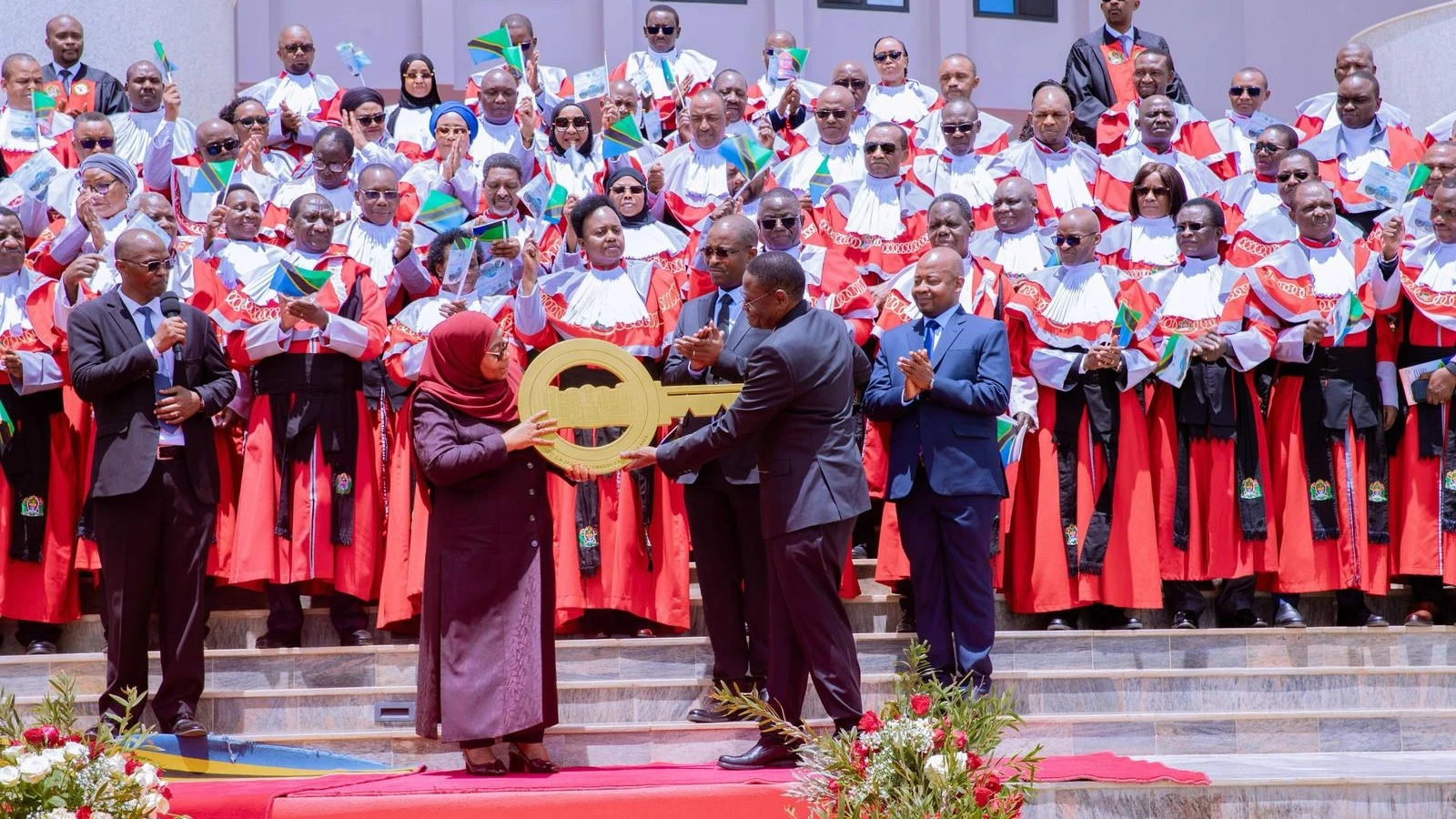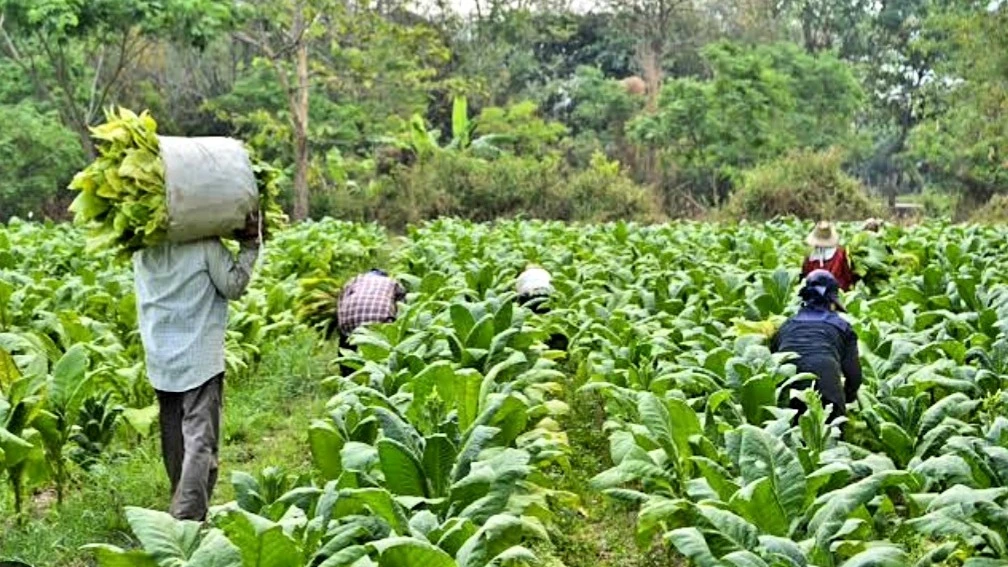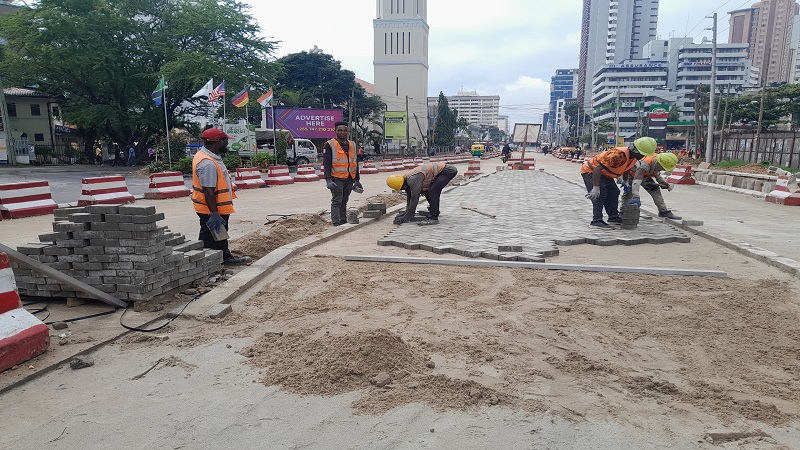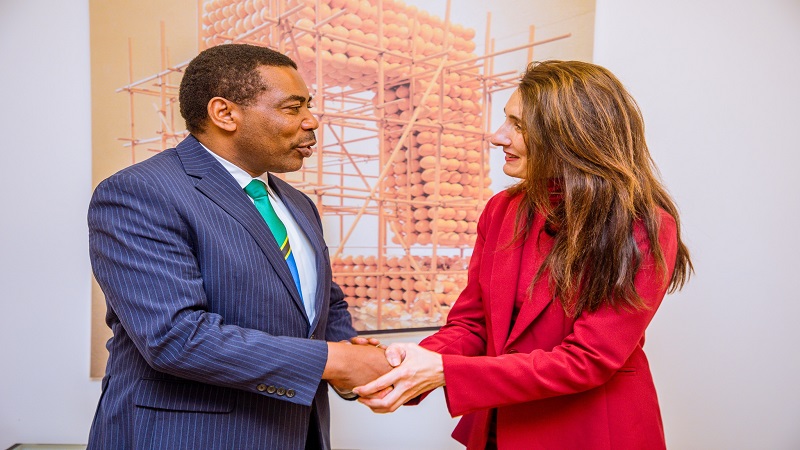Tanzania’s construction industry set for continued growth report
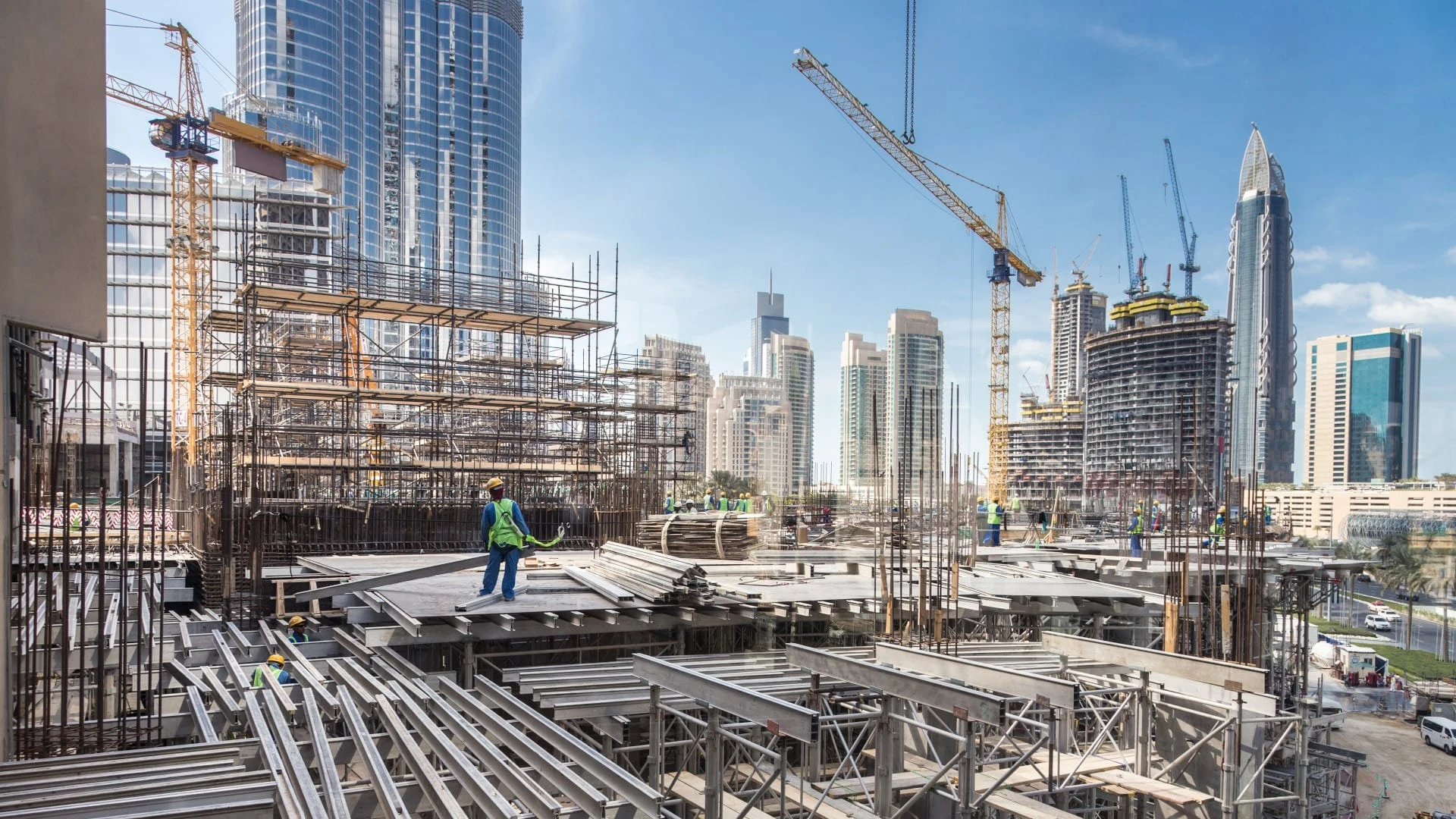
TANZANIA’s construction sector is on a strong upward trajectory, and experts predict it will maintain that momentum well into the next decade, according to a new report by ResearchAndMarkets.com.
The report shows that the construction market in Tanzania is forecast to grow by an impressive 7 percent in 2025, reaching a total value of approximately 29.26trn/-.
This marks a significant milestone in a period of robust growth, with the sector achieving a compound annual growth rate (CAGR) of 10.1 percent between 2020 and 2024.
The construction industry has experienced steady progress in recent years, driven by several key factors, including increased urbanization, rising infrastructure development, and the government’s focus on improving the nation’s transport, energy, and housing sectors.
As the market continues to expand, its growth prospects remain strong, with a forecasted CAGR of 6.7 percent from 2025 to 2029. By 2029, the industry is projected to reach approximately 40.44trn/-, a considerable jump from the 2024 value of 27.34trn/-.
The demand for both affordable housing and high-end residential projects has been increasing, particularly in major cities like Dar es Salaam.
In addition, Tanzania’s commercial construction sector is seeing significant investments in office buildings, retail spaces, hospitality developments, and restaurants. Commercial construction projects are expected to continue to grow, driven by the need for improved infrastructure to support the country’s expanding economy.
Green building and sustainability also takes centre stage in Tanzania’s construction boom, with green building practices gaining traction across residential, commercial, and industrial sectors.
The report highlights a significant growth in the demand for green building construction, with a 10-year forecast showing promising growth in both value and volume. These sustainable projects, which include energy-efficient buildings and eco-friendly materials, are expected to become a key feature of Tanzania’s urban landscape as the country embraces global environmental trends.
Infrastructure development is another critical driver of growth in Tanzania’s construction market. The Tanzanian government has been heavily investing in infrastructure, with key projects in transportation, energy, and utilities. Construction in transportation infrastructure, including highways, bridges, railways, and airports, is expected to see strong growth as Tanzania continues to modernize its logistics network to support the burgeoning economy.
The report also underscores the importance of marine, water, and sewer systems, all of which will play a crucial role in supporting the nation’s expanding population and urbanization efforts. These developments will significantly improve the living standards of Tanzanians, boost employment opportunities, and stimulate further economic growth.
The newly released databook provides a thorough analysis of the Tanzanian construction market, offering over 100 Key Performance Indicators (KPIs) covering market dynamics, construction costs, and growth opportunities. This detailed report will be an invaluable resource for stakeholders aiming to make informed decisions in the growing market.
With a focus on both volume and value data, the report provides clear insights into construction cost structures, including material and labour costs, as well as city-level trends for major regions in Tanzania. The data also covers over 40 market segments, ensuring that investors and developers can strategically align their business plans with market demands.
The Tanzanian construction market is undeniably on a path to continued growth, fuelled by government investment, urbanization, and rising demand across residential, commercial, and infrastructure projects. As the country progresses toward becoming a regional economic hub, the construction sector will remain a key pillar in driving Tanzania’s development forward.
Top Headlines
© 2025 IPPMEDIA.COM. ALL RIGHTS RESERVED









